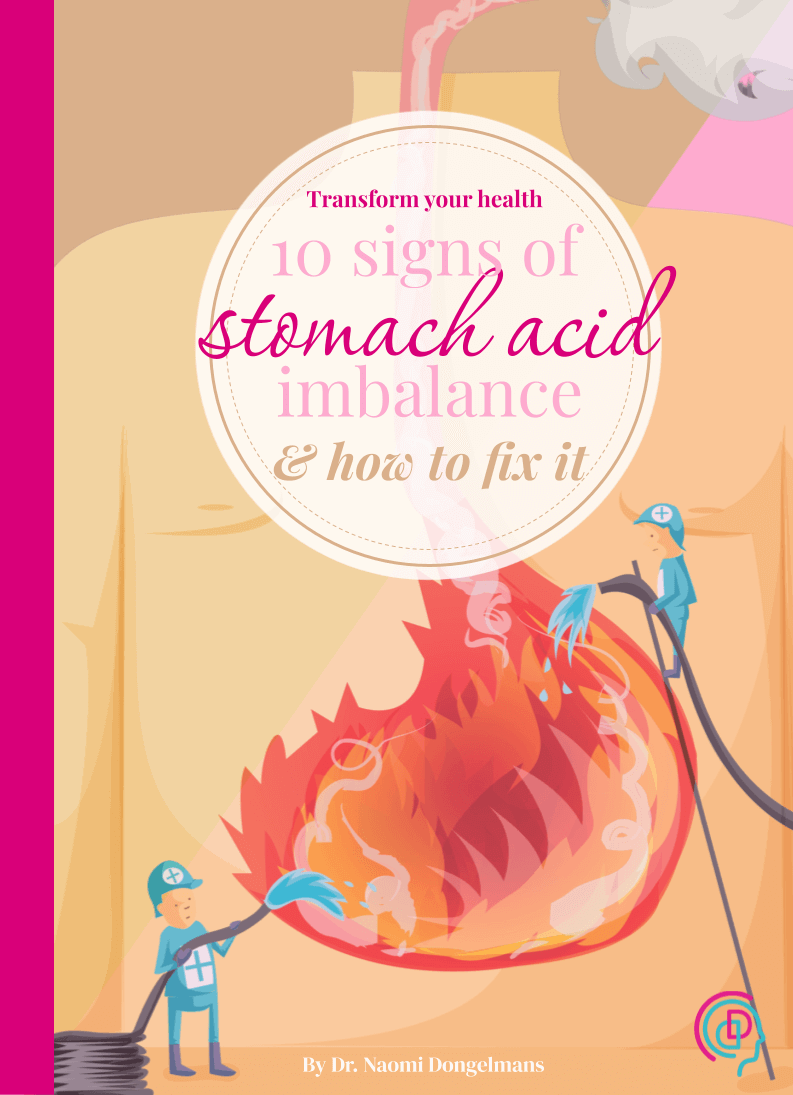
In recent years, the gut has been spotlighted for its profound impact on our mental and physical well-being. Our gut health influences everything from our sleep quality to our stress resilience, largely due to its role in serotonin and melatonin production. But for many people, digestive discomfort, constipation, or even haemorrhoids are constant, unwelcome issues that hinder everyday life.
What if small, natural shifts in your daily routine could support smoother digestion, reduce hard stools, and even lessen haemorrhoids? Recent studies and simple practices reveal that they can. Here, I’ll share some effective yet surprising methods to ease your digestion, activate your vagus nerve, and create better balance in your gut.
1. The surprising power of eye movement to ease digestion
Yes, something as simple as eye movement may help. By looking slightly upward and to the right for a brief period while on the loo, you can subtly activate the body's parasympathetic (calming) response. This small adjustment can ease tension in your pelvic floor muscles, which play a significant role in supporting smooth bowel movements.
While the direct research on eye positioning for bowel ease is limited, psychophysiology studies show that eye movements can influence the autonomic nervous system. Psychologists Thayer and Lane have demonstrated how the parasympathetic nervous system—responsible for relaxation—can be activated by visual adjustments, like looking upwards. The idea is that this position helps activate the "rest and digest" response, easing muscle tension throughout the body, including the pelvic area.
Try this: Next time you’re on the loo, hold your gaze upward and to the right for about 15–20 seconds while breathing deeply. This small movement can encourage relaxation in the pelvic floor, potentially reducing strain and making things more comfortable.
2. Use a potty stool for easier positioning
Modern toilets, while convenient, do not allow the body’s natural squatting position, which can cause unnecessary strain. By placing a small stool or “squatty potty stool” under your feet while sitting, you create a more natural angle that opens the anorectal area, reducing strain and easing bowel movements.
In fact, a 2019 study in The Journal of Clinical Gastroenterology found that people who used a potty stool reported less straining, shorter time on the loo, and more complete bowel movements. This position can also help prevent haemorrhoids, which are often caused by excessive straining.
Try this: Next time you go to the loo, put a small stool (about 15–20 cm high) under your feet. It’s a small change that can yield significant comfort.

3. The role of the vagus nerve in gut health
The vagus nerve, often called the “wandering nerve,” plays a central role in the communication between our brain and gut. This nerve can help regulate digestion, manage stress, and balance gut motility. However, chronic stress or tension weakens vagus nerve function, leading to slower bowel movements, constipation, and potentially harder stools.
Research suggests that daily practices like mindfulness, breathing exercises, and light movement can support the vagus nerve, promoting relaxation and balanced digestion . By managing stress, we can reduce the “fight or flight” response and engage more in the “rest and digest” state, allowing for smoother, regular bowel movements.
Simple ways to activate the vagus nerve:
- Deep breathing: Diaphragmatic breathing stimulates the vagus nerve, which in turn can improve gut motility.
- Gentle movement: Walking after meals encourages digestion and has been shown to activate the vagus nerve.
- Mindfulness: Practicing mindfulness has been shown to reduce stress, improving vagal tone and gut function over time.
4. Don’t forget fibre & hydration
Fibre is critical for regular, easy-to-pass stools, but it’s most effective when coupled with proper hydration. Fibre absorbs water, which helps soften the stool and eases its passage through the digestive tract. Ground flaxseed, for instance, is a great fibre source and has both soluble and insoluble fibres that help to bulk and soften the stool.
A systematic review published in Alimentary Pharmacology & Therapeutics confirms that combining fibre with adequate water intake is one of the most effective ways to manage constipation and improve stool consistency .
Action Step: Try adding a tablespoon of freshly ground flaxseed to your diet with a glass of water. This combination provides an ideal balance to keep your gut moving smoothly.
How small changes can improve gut health and ease discomfort
From using a potty stool to adjusting your gaze, these simple, science-backed practices can improve digestive ease and reduce symptoms of constipation. Additionally, by managing stress and supporting the vagus nerve, you’re helping your gut stay balanced, which benefits mood, sleep, and overall wellness.
Curious about what your poop is really telling you?
Your stool is a window into your gut health, revealing critical insights about your digestion, diet, and overall well-being. If you want to learn how to interpret these signals, join my course, "What Your Poop is Telling You."
In this course, you'll discover:
- How to identify different types of stools and what they mean for your health.
- The connection between your diet, gut microbiome, and bowel movements.
- Practical steps to improve your digestion and gut health based on your stool analysis.
Ready to unlock the secrets of your gut?
Sign up for the course today and start taking control of your health from the inside out!
🚨🚨Grab your discount! Use code HAPPYPOOP and pay only €10
References
- Thayer, J.F., & Lane, R.D. (2000). A model of neurovisceral integration in emotion regulation and dysregulation. Journal of Psychosomatic Research, 48(1), 21-33.
- Sikirov, B.A. (2003). Comparison of straining during defecation in three positions: Results and implications for human health. Digestive Diseases and Sciences, 48(7), 1201-1205.
- Breit, S., Kupferberg, A., Rogler, G., & Hasler, G. (2018). Vagus nerve as modulator of the brain-gut axis in psychiatric and inflammatory disorders. Frontiers in Psychiatry, 9, 44.
- Suares, N.C., Ford, A.C. (2011). Systematic review: The effects of fibre in the management of chronic idiopathic constipation. Alimentary Pharmacology & Therapeutics, 33(8), 895-901.
Love what you read here? Subscribe for updates! Add me to the list!




























0 Comments